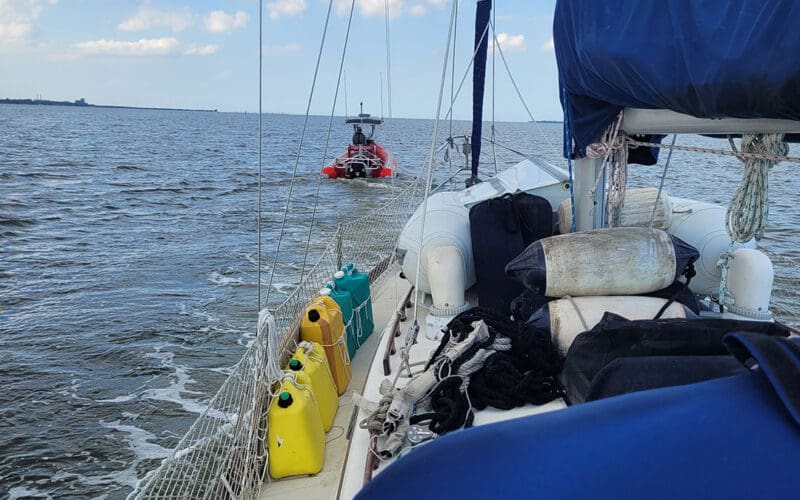Editor’s note: This experience of two cruisers shows the importance of having spares aboard if at all possible. We left Titusville, Florida bound for Vero Beach via the Intracoastal Waterway (ICW). There wasn’t a breath of wind, so we were motoring. After about three hours into our expected six-hour trip, we noticed a subtle change in the sound of the engine. Janet was at the helm, so I got up to check. Before I even reached the bottom of the companionway ladder, there was a horrible shrieking and the sound of metal grinding, then the engine’s overheat alarm sounded.…
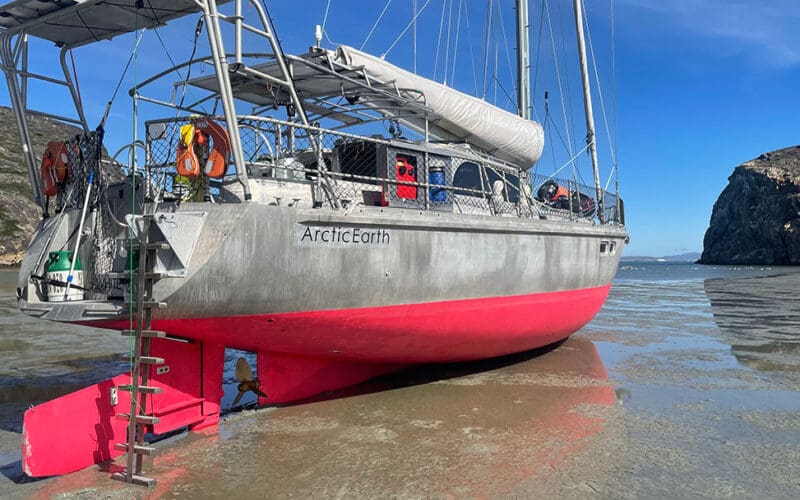
Summertime, north of the Arctic Circle, and the expedition vessel ArcticEarth is sailing in coastal waters where the charts do not show depths. With vigilance, Captain Magnus Day and Mate Julia Prinselaar are moving the boat northward. Their goal is to be fully ready, provisioned, and in position next week for two upcoming charters in Disko Bay, on the west coast of Greenland. Disko has the reputation of an exciting place with lots of ice (one glacier dumps 35 billion tons of ice into the sea each year at a flow rate that can exceed 150 feet per day… that’s…
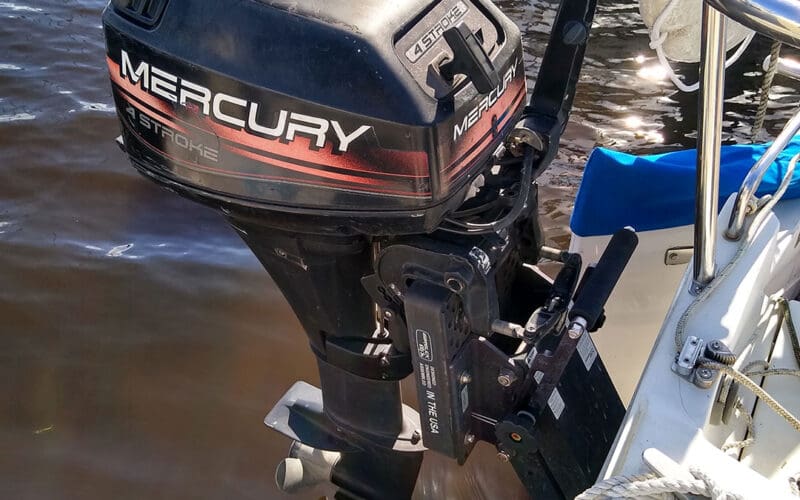
Early in the morning, on a calm and beautiful Saturday I pushed off from a dock on a friend’s Catalina 25, bound for a distant race on the St. Johns River. But it was not to be: before the Ortega Bridge had even opened the 1996 four-stroke outboard engine began to shudder. It stopped, and after a check of the gas tank and several impassioned pulls the best it would do was to run at idle, wheezing and coughing — protesting that we had awakened it so early. I looked at Richie, then pushed the tiller hard over and we…
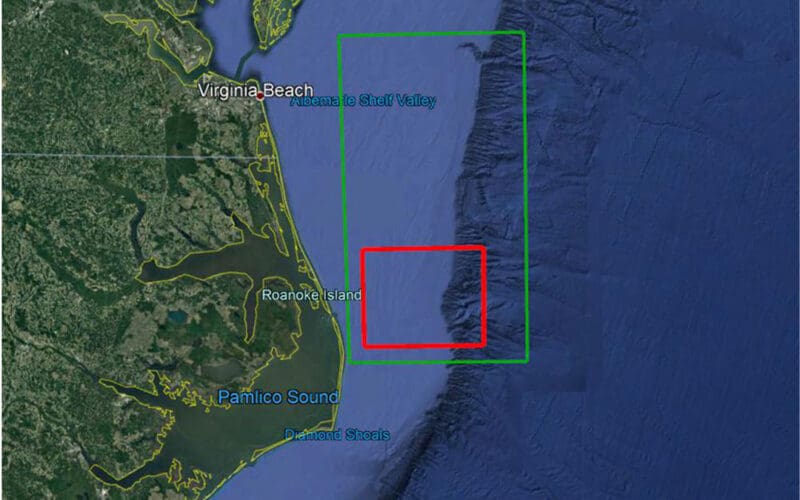
The waters around Cape Hatteras are the subject of much research with the most interesting —from a cruiser’s point of view — being a study of currents. Recent research from a collaboration between the U.S. National Science Foundation and researchers from the University of North Carolina, Chapel Hill, provides some of the best insights available for this complicated area. A study called Processes driving Exchange At Cape Hatteras Program (PEACH) just completed, with additional research to follow. Figure 1 is a PEACH graphic showing the complicated systems of currents impacting boats transitioning through the area. The purple arrow denotes…
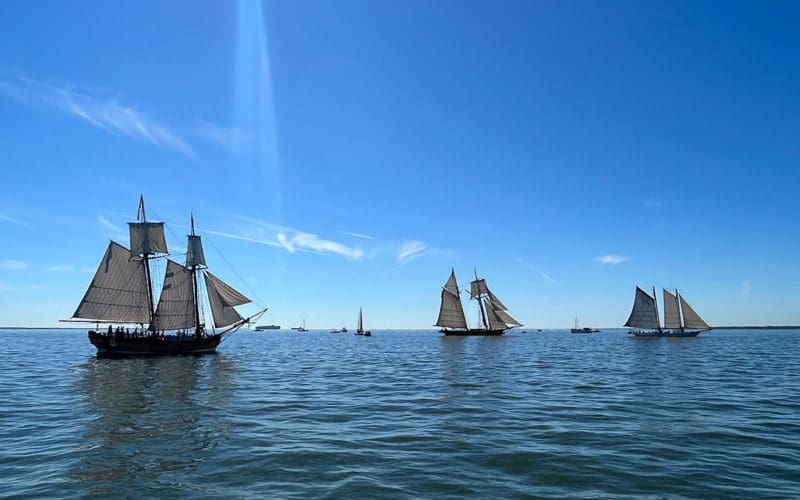
by Rob Laymon Strong winds and cold rain, the sailor’s delight. Four days of it came from a nor’easter spawned by Hurricane Ian, jumbling the plans for the Great Chesapeake Bay Schooner Race, held October 6 through 8. This annual event attracts schooners of all sizes to race in four classes between Annapolis and Norfolk. I sailed aboard Prom Queen, a 50-foot Campanella owned by Roger Worthington, an intermittent participant and a past winner of the race. In this year’s race, the schooner Virginia, the current record holder, had made it as far as Smith Point before turning back to…
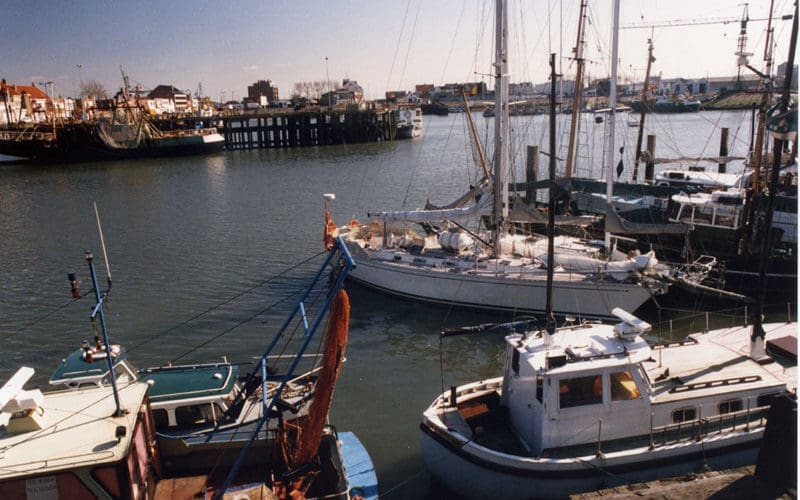
There are many horror stories of yachtsmen running into trouble in the Bay of Biscay. If you want to do a good crossing heading south or are coming north particularly during the latter part of the year, there are some things about the bay you need to know. There are many fine pilot books available nowadays about these passages south. They don’t much talk about it during the colder months, however. But Ocean Passages for the World, particularly the second blue-paged part written by professional sea captains from the days of sail, still has, in my opinion, some of the…
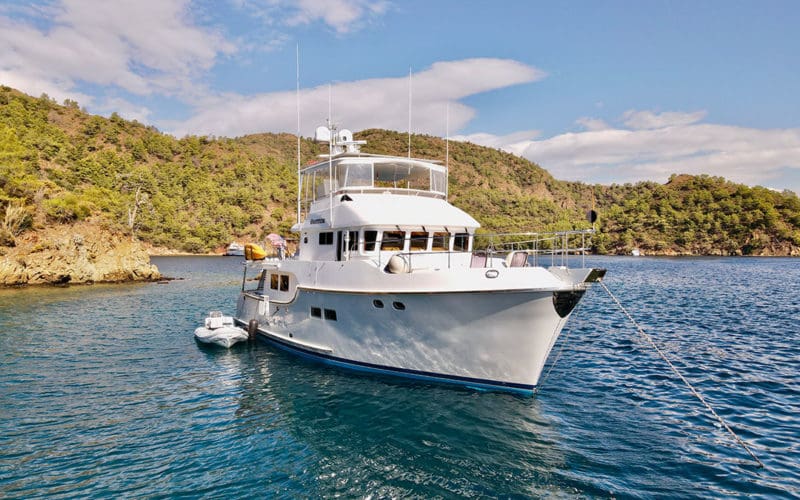
One of the lessons a new pilot learns is to never let the airplane take you somewhere your mind hasn’t gone before. New pilots often spend more time on the flight planning than they do actually flying. I would have no sooner flown without a solid flight plan, including weather along my route as well as at any place I may stop, than I would have set out on a cross-country drive without gas. Which is to say, the planning was as important as the execution. I’m not sure if our early training in planning led us to living on…
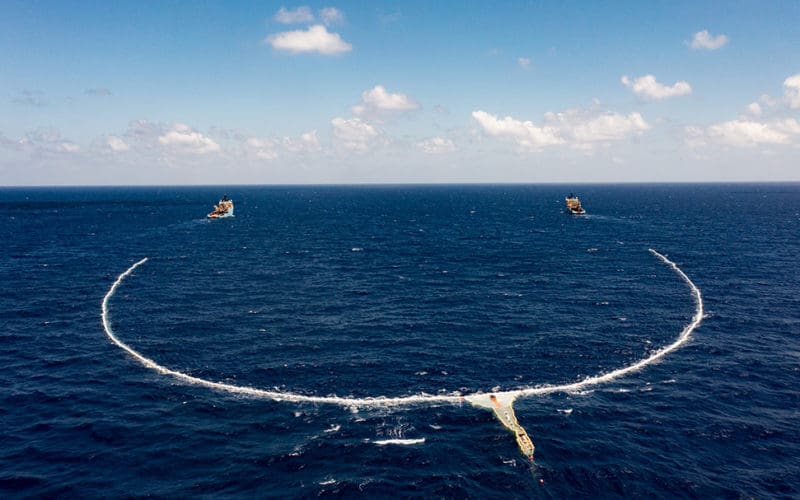
It’s perhaps the largest global cleanup initiative in human history, one that will eventually benefit the health of almost every living thing: ridding the world’s rivers and oceans of the discarded plastic that flows into the water at an ever-increasing rate. Every day about 2,700 tons of plastic enters the ocean; much of that washes up on beaches, but a significant amount catches a ride on ocean currents and makes its way to the most remote spots on the planet. On its way it breaks into progressively smaller pieces until it becomes micro plastics which are ingested by many pelagic…
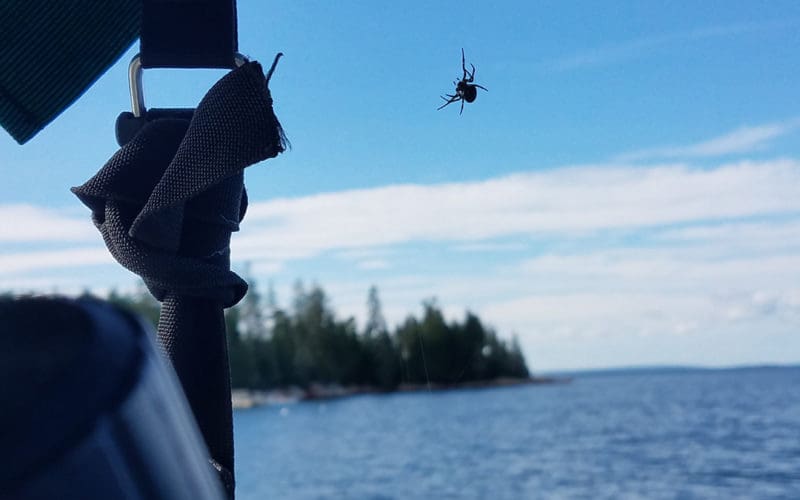
Our first week sailing our Sabre 30 Ora Kali home to Maine, we noticed a web in a corner of the Bimini frame. At sunset a spider appeared and when she was done with repairs she sat in the center of a beautiful creation, swaying gently on the zephyr which was all we got on those heatwave days of mid-July 2021. By morning she had disappeared and the web was bedraggled. We traversed Long Island Sound and after we dropped anchor, she reappeared. Exactly when she signed on is unknown though she likely climbed up from the dock before we…
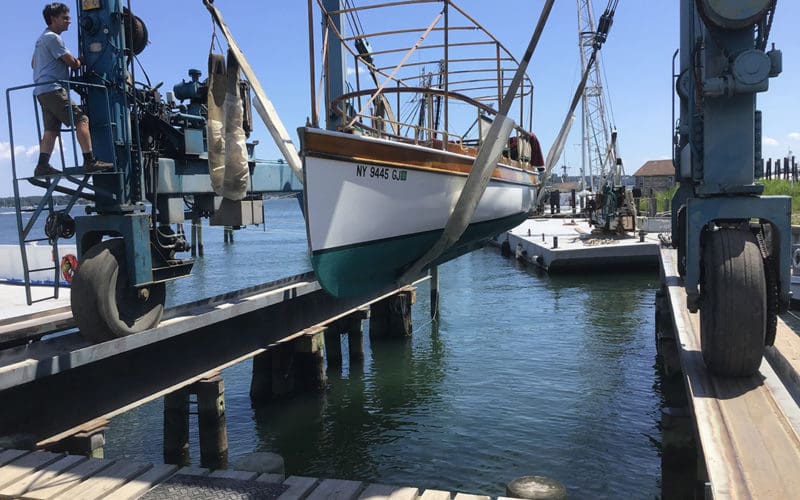
Back in 1999, when I had the hare-brained idea that I wanted to operate a tour boat in Greenport, NY at the northeastern tip of Long Island, I already had enough experience working as crew on other boats to know better, but I didn’t heed that knowledge! I also knew that the Coast Guard allows a tour boat to only carry six passengers if it is uninspected and carrying six passengers, unless I charged outrageous amounts, wasn’t going to pay its way. Though I already held a 200-ton master’s license and had been involved in the charter world both inshore…

